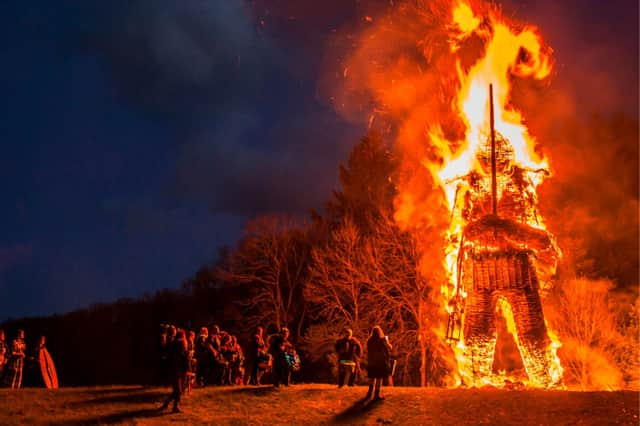Known as ‘Alban Eiler’ (associated with ‘Alba’ for Scotland in Gaelic), the spring equinox or ‘Light of the Earth’ takes place on March 20 and historically it marked a day of rare balance that was a key date for nature and magic for ancient Druids.
This is likely why many superstitions and traditions in Scotland are linked to Spring with some seasonal customs said to predict the health of families, livestock and crops for the year to come. Just as our ancestors celebrated Halloween or the curious history of Christmas in Scotland, during Spring many rituals were carried out for fortune telling or warding off evil spirits.
Here are 9 ancient traditions of Spring in Scotland, some ancient and long-forgotten and others still practised today.
Here are 9 ancient traditions of Spring in Scotland, some ancient and long-forgotten and others still practised today.
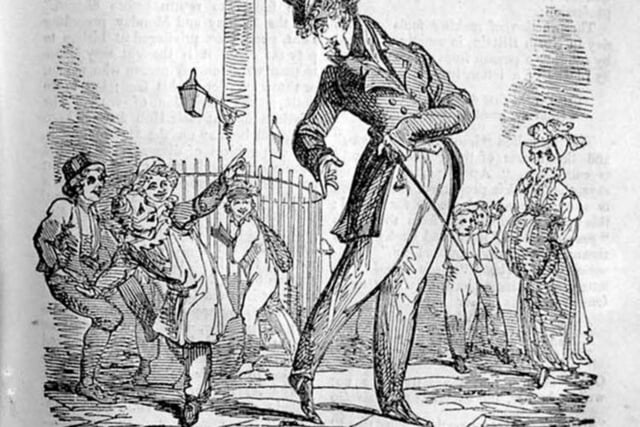
5. Hunt the Gowk
This was the old name for April Fool’s Day. On this day, lies would be told and tricks played but it was said that the tomfoolery had to finish by noon of that day, April 1. If the rule wasn’t met then the joke would fall on the trickster instead. Hunting the gowk was often done by sending people off on foolish errands with no purpose e.g., hunting a cuckoo. The term ‘Huntegowk’ is said to mean ‘hunt the cuckoo’ or ‘hunt the foolish person’ in the Scots language. Photo: via WikiCommons (1826)
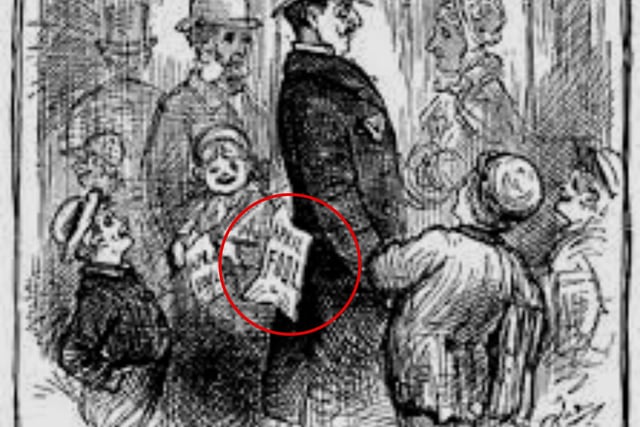
6. Preen-tail (Tailie) Day
Preen-tail Day is celebrated in Scotland on April 2. It marked a day of more joking when people would clip paper tails to the backs of unsuspecting people for an innocent prank. Also known as ‘Tailie Day’ it is thought that the iconic ‘Kick Me’ sign prank is traceable to this event and the custom has even been seen in places off the mainland like the Orkney Isles where ‘Tailing Day’ is celebrated on April 2. Photo: via WikiCommons
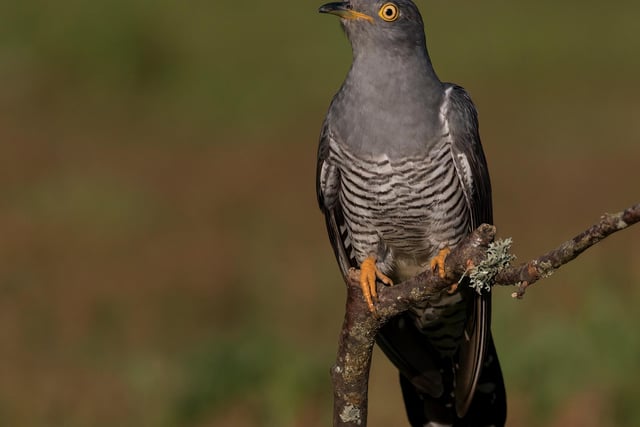
7. Unlucky Cuckoo
Omens used to determine the misery and suffering - or fortune and luck - for people in the year ahead were particularly rife in the Scottish Highlands and Islands during Spring. It was once thought to be unlucky if you heard the first call of a cuckoo bird prior to eating breakfast and some even slept with a portion of bread beneath their pillow to preemptively eat and avoid the misfortune. Photo: Adrian Coleman via Canva Pro
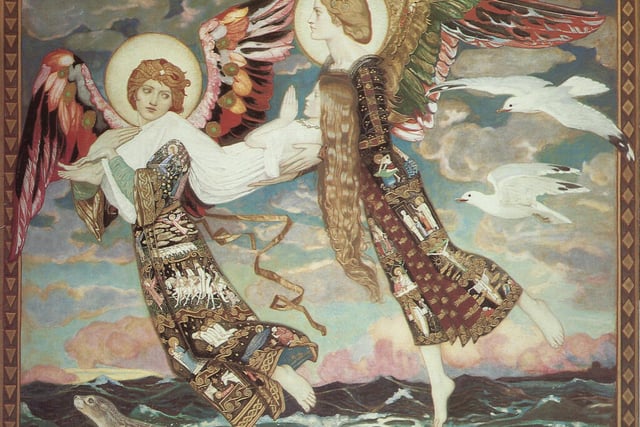
8. A Bride’s Bed
Some saw February 1, St Bride’s Day, as the first day of Spring - Saint Bride is a figure shrouded in folklore but is reportedly Irish in origin. Accounts detail that the occasion was marked with sheafs of oats being dressed in women’s clothes, birch twig beds for houses’ mistresses being made, and that when this was prepared the women would shout “bride, bride, come in your bed is ready.” On the Isle of Tiree (Scotland’s Inner Hebrides), cock-fighting was practised on St Bride’s Day and gifts were given to local schoolmasters. Photo: Sofi via Flickr
